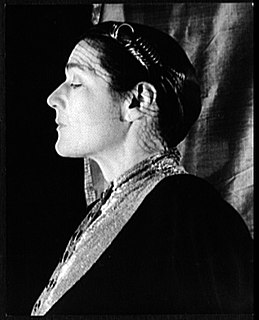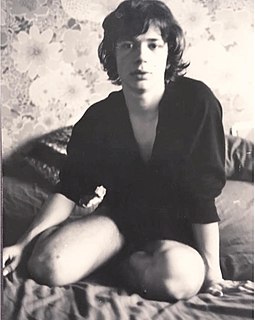A Quote by Fannie Hurst
Related Quotes
In your thirties, you're much more comfortable with sex. First of all, sex is something you've done more. You know you can have sex just to have sex; you can have sex with friends; you can have sex with people you love; you can have sex with people you don't like, but the sex is good. And you can joke about sex much more.
So the history of discovery, particularly cosmic discovery, but discovery in general, scientific discovery, is one where at any given moment, there's a frontier. And there tends to be an urge for people, especially religious people, to assert that across that boundary, into the unknown, lies the handiwork of God. This shows up a lot.
The Most Secret Quintessence of Life is an original work filled with rich, new research, relying on important primary literature which has not, until now, been plumbed and digested. In this book, Chandak Sengoopta offers both a history of hormone discovery and a chronicle of how this discovery transformed our concepts of the body and how our existing concepts of sex and sexuality, in turn, informed our concepts for understanding hormones.
I was groomed as a so-called sex symbol, a rival to Marilyn Monroe, and from then on, whenever my picture appeared in paper, it was 'sex kitten,' 'sex symbol,' 'sex goddess,' 'sex pot.' I've accepted it, and I'm flattered, but in some ways, it's been a hindrance to me because I haven't been able to be taken seriously as an actress.
Love is the creative refinement of sex energy. And so, when love reaches perfection, the absence of sex automatically follows. A life of love, an abstinence from physical pleasures is called brahmacharya, and anyone who wishes to be free from sex must develop his capacity to love. Freedom from sex cannot be achieved through supersession. Liberation from sex is only possible through love.






































